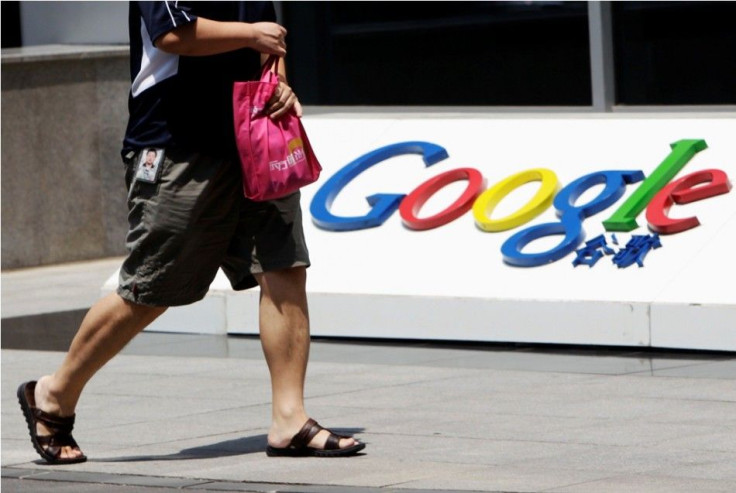Google Fit Updated With New Features To Address Growing Popularity Of Fitness Apps

Google Fit is now updated with many new features that include an Android Wear watch face, Android Widget and a distance and calorie tracking functionality. Users will have to give additional information about their height, weight and gender so that Google Fit can keep track of the user’s fitness progress, according to reports.
After feeding all the information, the updated app will deliver estimates on the distance travelled and the details of calories burnt by the user during the day, reports Lifehacker. The app also records and provides historical data with timeline views for days, weeks and months to give a rough estimate of the fitness improvement over time, according to Lifehacker.
According to a ZDNet report, the new version of Google Fit has a home screen widget that delivers basic information at a glance. At the 2014 Google I/O developer event, the search engine giant had showcased the Google Fit platform but nothing much happened with it since then. Since Apple is thrusting on its HealthKit and ResearchKit, besides the fitness aspects of the Apple Watch, Google Fit is back on the radar, as per the ZDNet report.
Growing popularity of Fitness apps
According to a report published last year by Research2Guidance via Cheat Sheet, “As of the first quarter of last year, the number of health apps available on the Google Play Store and the iOS App Store surpassed 100,000 health apps, more than doubling in just 2.5 years.” Since then, the count of apps has hiked significantly.
The major problem with most of the health related apps is, most of them do not use scientifically proven methods to help users change their habits, points out the Cheat Sheet report.
“Applications can contribute to improved well-being and provide support for behavioural changes as long as they are simple, attractive and easy to integrate into everyday life. However, the societal impact of the applications may remain small unless real-world implementation, maintenance and dissemination are planned from the very beginning of the development process,” the Cheat Sheet quoted Kirsikka Kaipainen, a researcher from the VTT Technical Research Centre of Finland, as saying.
For feedback/comments, mail the writer at pragyan.ibtimes@gmail.com






